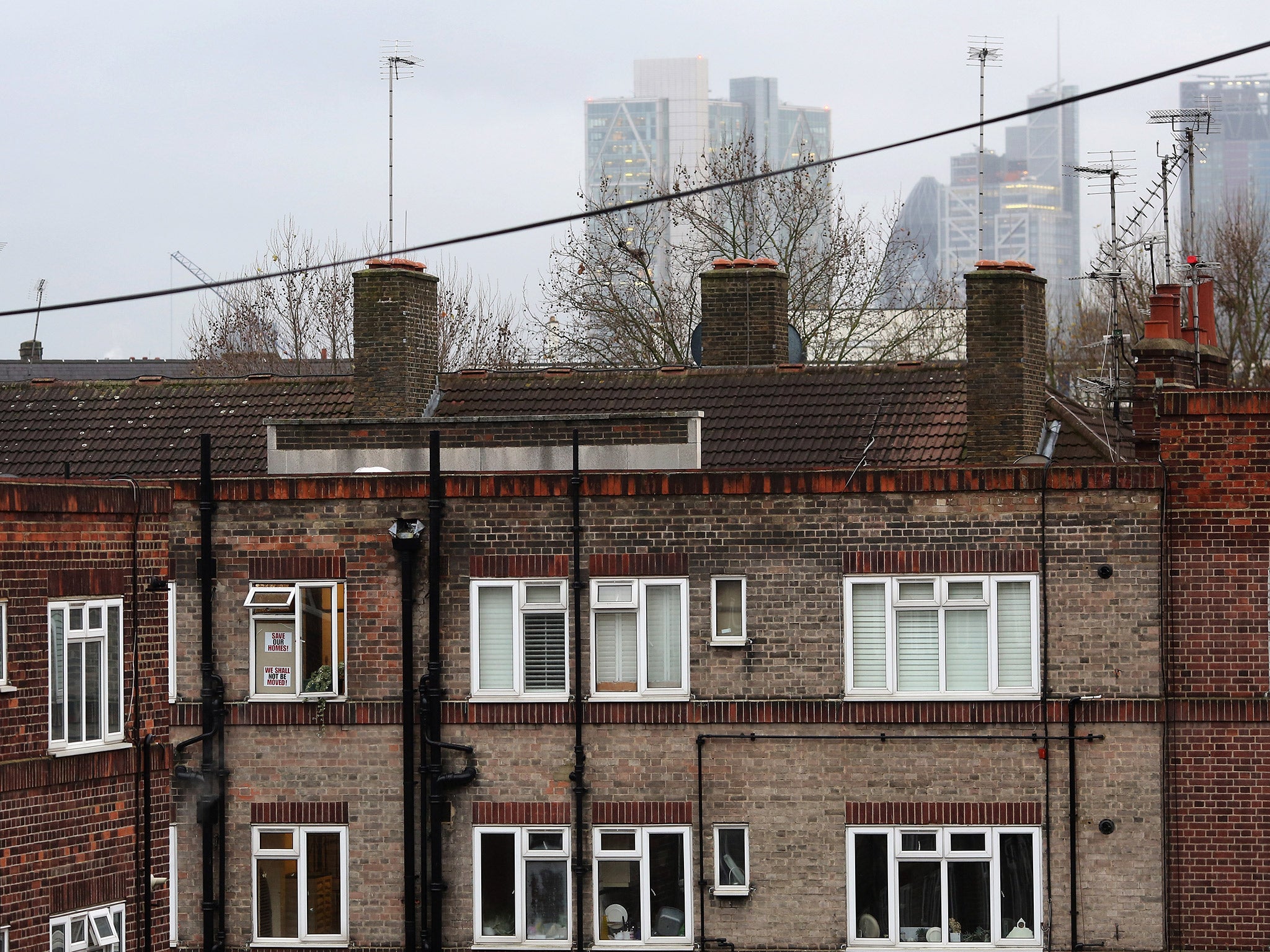Millennials will spend £44,000 more on rent than their parents did by 30, report reveals
Only 42 per cent of millennials own their own home

Your support helps us to tell the story
From reproductive rights to climate change to Big Tech, The Independent is on the ground when the story is developing. Whether it's investigating the financials of Elon Musk's pro-Trump PAC or producing our latest documentary, 'The A Word', which shines a light on the American women fighting for reproductive rights, we know how important it is to parse out the facts from the messaging.
At such a critical moment in US history, we need reporters on the ground. Your donation allows us to keep sending journalists to speak to both sides of the story.
The Independent is trusted by Americans across the entire political spectrum. And unlike many other quality news outlets, we choose not to lock Americans out of our reporting and analysis with paywalls. We believe quality journalism should be available to everyone, paid for by those who can afford it.
Your support makes all the difference.Millennials will spend more than £40,000 more on rent by the age of 30 than their parents, according to a report carried out by the Resolution Foundation.
Those born between 1981 and 2000 are likely to pay £53,000 in rent before they reach 30, whilst baby boomers – those born between 1946 and 1965 – typically spent £9,000.
The Resolution Foundation, which describes itself as a “non-partisan and award-winning think-tank”, attributes the disparity in rental costs to “rising house prices, changing tenure patterns and cuts in housing subsidy”.
By the time they reached 30, almost two-thirds of baby boomers owned their home. That figure drops to 42% in the millennial generation.
The report was published as part of an 18-month investigation into intergenerational fairness. It highlights the relationship between a reduction in home ownership and the concentration of wealth among the elder generations.
The analysis into “the impact of rising housing costs on UK living standards” emphasises “it is low and middle income households who have felt the squeeze the most.”
It warns “rising housing costs are projected to wipe out much – if not all – of the two decades of income growth for many households.”
Laura Gardiner, a senior policy analyst for the Resolution Foundation, told The Guardian: “The nation’s housing crisis is perhaps the most visible example of growing inequality between generations. Young people today are paying a heavy price for decades of falling homeownership.”
The report into generational variation acknowledged its “findings are consistent with wider political debate.” Just this week, Prime Minister Theresa May underlined the need to combat a “housing deficit”. She recognised that without building more houses, “young people will find it even harder to afford their own home.”
The Resolution Foundation suggested the Prime Minister’s proposals would find support across “cities and rural areas alike”. It highlighted “housing is often seen as the number one problem for government to address.”
Importantly, a survey carried out by British Social Attitudes showed the housing crisis was an intergenerational preoccupation. It concluded baby boomers’ support for house construction in their local area had almost doubled in recent years to 56%.
Gardiner welcomed that “older generations are just as concerned about young people’s struggle to own their home, and support for house-building is growing across all age groups.”
She stressed a change in policy was crucial because “the struggle of young people to own their home is only going to get worse.”
Join our commenting forum
Join thought-provoking conversations, follow other Independent readers and see their replies
Comments